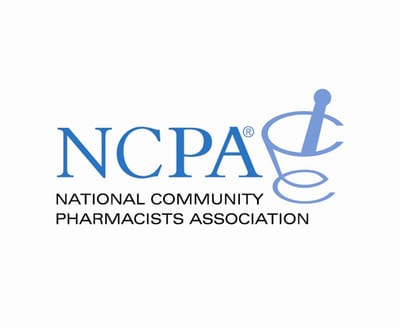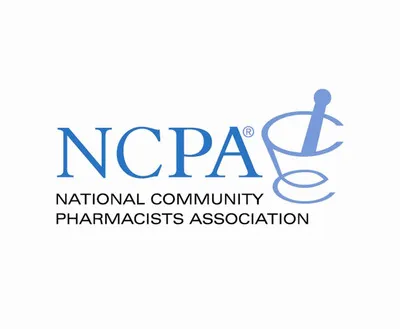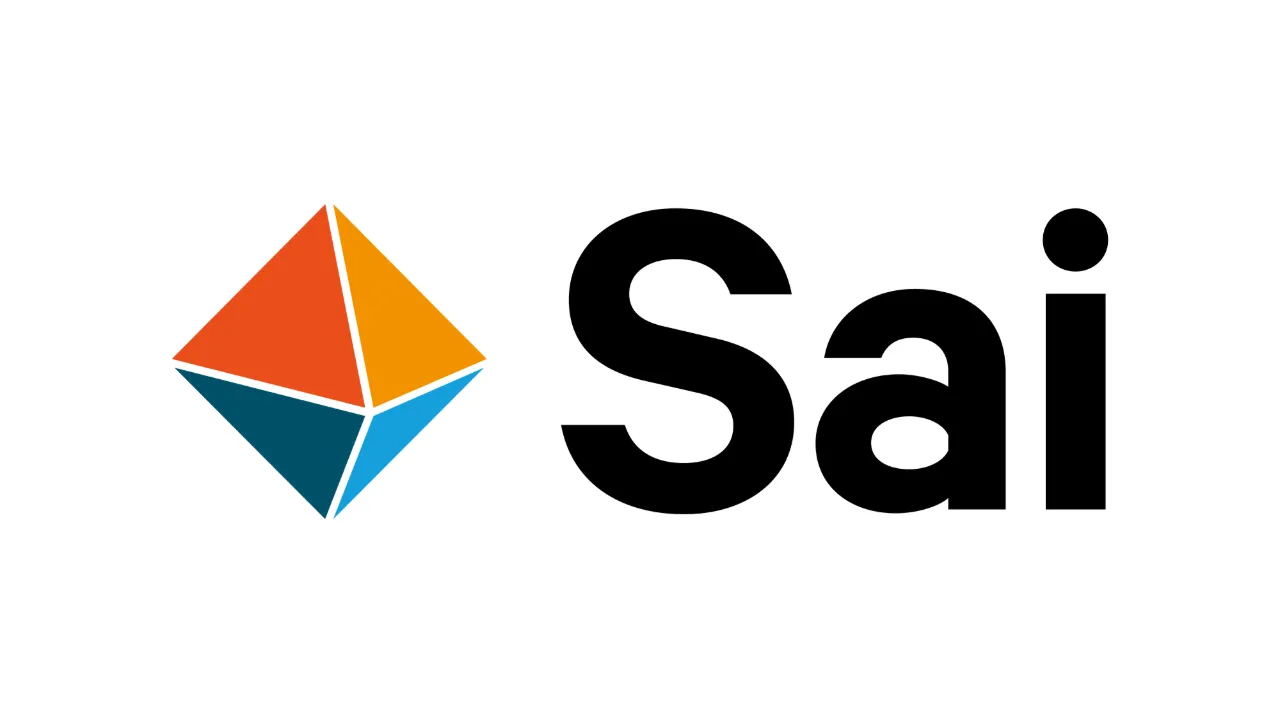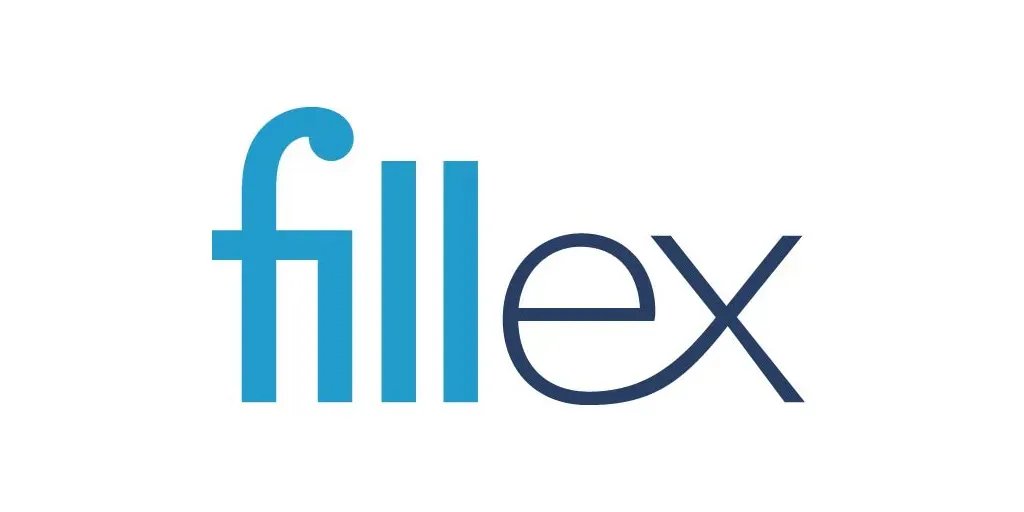ALEXANDRIA, Va. – As Congress readies legislation aimed at drug prices and marketplace fairness, a new national poll released today by the National Community Pharmacists Association shows strong bipartisan support for regulating the shadowy corporate middlemen who control almost everyone’s prescriptions.

“When you explain to voters the dominant role that PBMs play in the prescription drug market, and the outsized control they have over patients and their health care providers, they are very concerned. The data makes that crystal clear, and it cuts across every political and demographic group. If ever there was an opportunity for Congress to pass bipartisan reform, that time is right now,” said NCPA CEO B. Douglas Hoey, pharmacist, MBA.
According to the poll, taken by Morning Consult, voters know very little or nothing at all about pharmacy benefit managers, the largest three of which control 80 percent of all prescriptions in the U.S. Eighty percent are concerned that PBMs steer patients to pharmacies they own or control to maximize their own profit. Seventy-eight percent are concerned that PBMs often require patients to use their own mail-order pharmacies instead of local pharmacies. And 80 percent are concerned that PBMs keep all or most of the discounts on drugs they negotiate instead of passing the savings on to consumers.
“The numbers are staggering. Large majorities of Republicans, Democrats, and Independents are concerned by the PBMs’ self-serving and anti-competitive practices. That’s consistent across racial groups, gender groups, and age groups. PBMs have operated for decades with very little oversight, and voters in every state and congressional district know instinctively that meaningful reform is necessary,” said Hoey.
The poll, conducted between April 19 and April 22, sampled 1,969 registered voters. Seventy-six percent are concerned that PBMs reimburse local pharmacies less for medicines than it costs the pharmacies to purchase and dispense them. Voters don’t like that PBMs overcharge employer and taxpayer-funded programs for drugs and pocket the difference. And 80 percent are concerned that just three PBMs control 80 percent of the prescription drug market. Moreover, large majorities of voters support specific reforms that Congress can pass now.
For example, 76 percent of voters would support a ban on patient steering. Seventy-five percent say Congress should ban PBMs from penalizing patients who use their own pharmacies instead of those owned or controlled by PBMs. Three-quarters believe Congress should require PBMs and insurance companies to reimburse local pharmacies at least what it costs them to purchase and dispense drugs. And when PBMs negotiate rebates on drugs to include in their insurance plans, they should be required to pass the savings on to patients, say 78 percent of voters.
“Basically, voters are concerned by the entire PBM business model. Almost all their practices meet with widespread public disapproval. The political ground is very fertile for meaningful reform that treats taxpayer dollars responsibly and pays pharmacies fairly,” said Hoey.
In fact, the poll shows overwhelming support for more aggressive reforms over narrower options. For example, voters were asked to consider two plans: the first would ban patient steering; ban PBMs from excluding cheaper generic drugs in favor of more expensive brand-names; require PBMs to share rebates with patients; and require broad transparency in PBM practices. The second plan would ban spread pricing; force PBMs to share discounts with health insurance companies instead of patients; and tell government agencies how much they’re getting in discounts from drug manufacturers. Seventy-five percent of voters chose the first plan, a strong signal that Congress should focus on comprehensive reform that benefits patients directly.
In another question, the identical majority – 75 percent – favor a rule forcing PBMs to report key financial information with government regulators over a rule requiring them to simply share certain information with health insurance companies and employers.
“Voters want real transparency, public accountability, and a non-coerced choice as to where they get their prescriptions,” said Hoey. “Both of those are necessary for a healthy market that can produce more choices and lower prices for patients and taxpayers.”
To see the poll, click here.
To access NCPA graphics of select results, click here or contact Andie Pivarunas.









